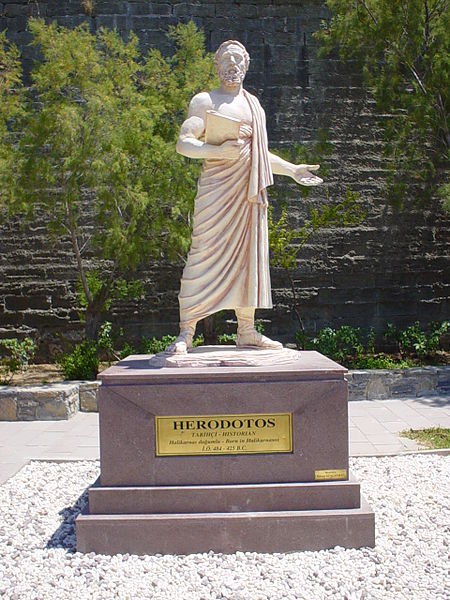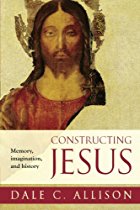As with any magic the spell works best when the audience does not know how it is done. On the other hand, understanding the way literary and rhetorical devices play with how we respond to what we read does help remind us that we are reading a creation of the human mind. Even if the words we read are telling a “true story” the words used to convey that information have been chosen to convey a certain meaning or feeling in relation to what we read.
One characteristic of the gospels, particularly the Gospel of Mark, that we sometimes hear is a mark of unsophistication and primitive literary skills, is the episodic nature of the first half of the Gospel — up to the Passion narrative.
Well, this post is an attempt to rescue something of the reputation of that part of the Gospel by pointing out what that episodic structure manages to achieve from a literary perspective. I am not going to argue that episodic writing is a sign of genius. But it did have an honourable history in ancient literature, at least from the time of Homer’s Odyssey (or even the Epic of Gilgamesh), so it must have been doing something right for many readers.
Whitney Shiner has a chapter titled “Creating Plot in Episodic Narratives: The Life of Aesop and the Gospel of Mark” in Ancient Fiction and Early Christian Narrative. The comparison is helpful but I will confine this post to the comments on Mark. Continue reading “What Mark’s Episodes Do For Readers (and the real historiographical question to ask)”




 Having just read the first chapter of
Having just read the first chapter of 